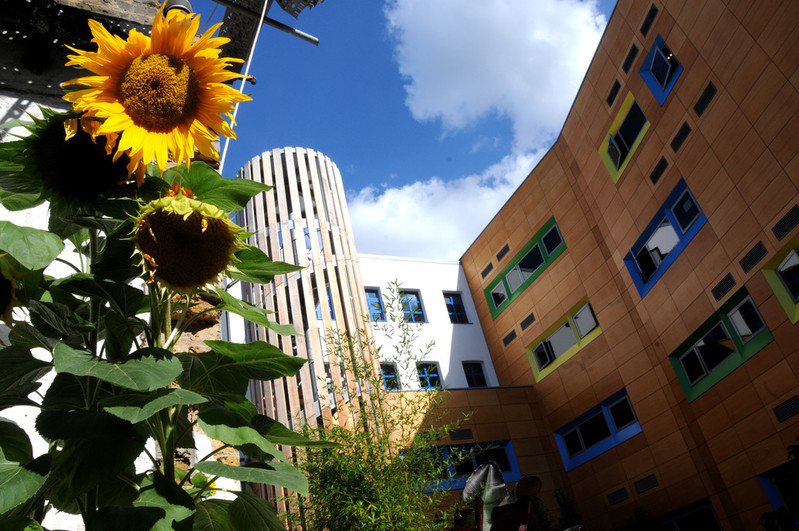PhD researcher Shelly Makleff and Professor Cicely Marston, members of the DEPTH research hub at London School of Hygiene & Tropical Medicine, have collaborated to write a new blogpost about the value of qualitative data in assessing sexuality education.
Their piece, titled ‘Qualitative data shows how sexuality education can address…


